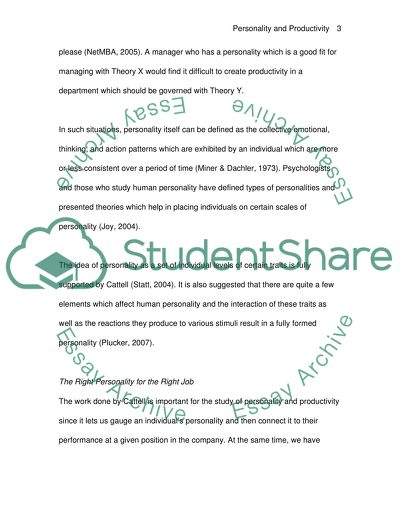Cite this document
(Investigating the Relationship between Personality and Leadership Coursework - 1, n.d.)
Investigating the Relationship between Personality and Leadership Coursework - 1. Retrieved from https://studentshare.org/psychology/1540050-investigating-the-relationship-between-personality-and-leadership
Investigating the Relationship between Personality and Leadership Coursework - 1. Retrieved from https://studentshare.org/psychology/1540050-investigating-the-relationship-between-personality-and-leadership
(Investigating the Relationship Between Personality and Leadership Coursework - 1)
Investigating the Relationship Between Personality and Leadership Coursework - 1. https://studentshare.org/psychology/1540050-investigating-the-relationship-between-personality-and-leadership.
Investigating the Relationship Between Personality and Leadership Coursework - 1. https://studentshare.org/psychology/1540050-investigating-the-relationship-between-personality-and-leadership.
“Investigating the Relationship Between Personality and Leadership Coursework - 1”, n.d. https://studentshare.org/psychology/1540050-investigating-the-relationship-between-personality-and-leadership.


